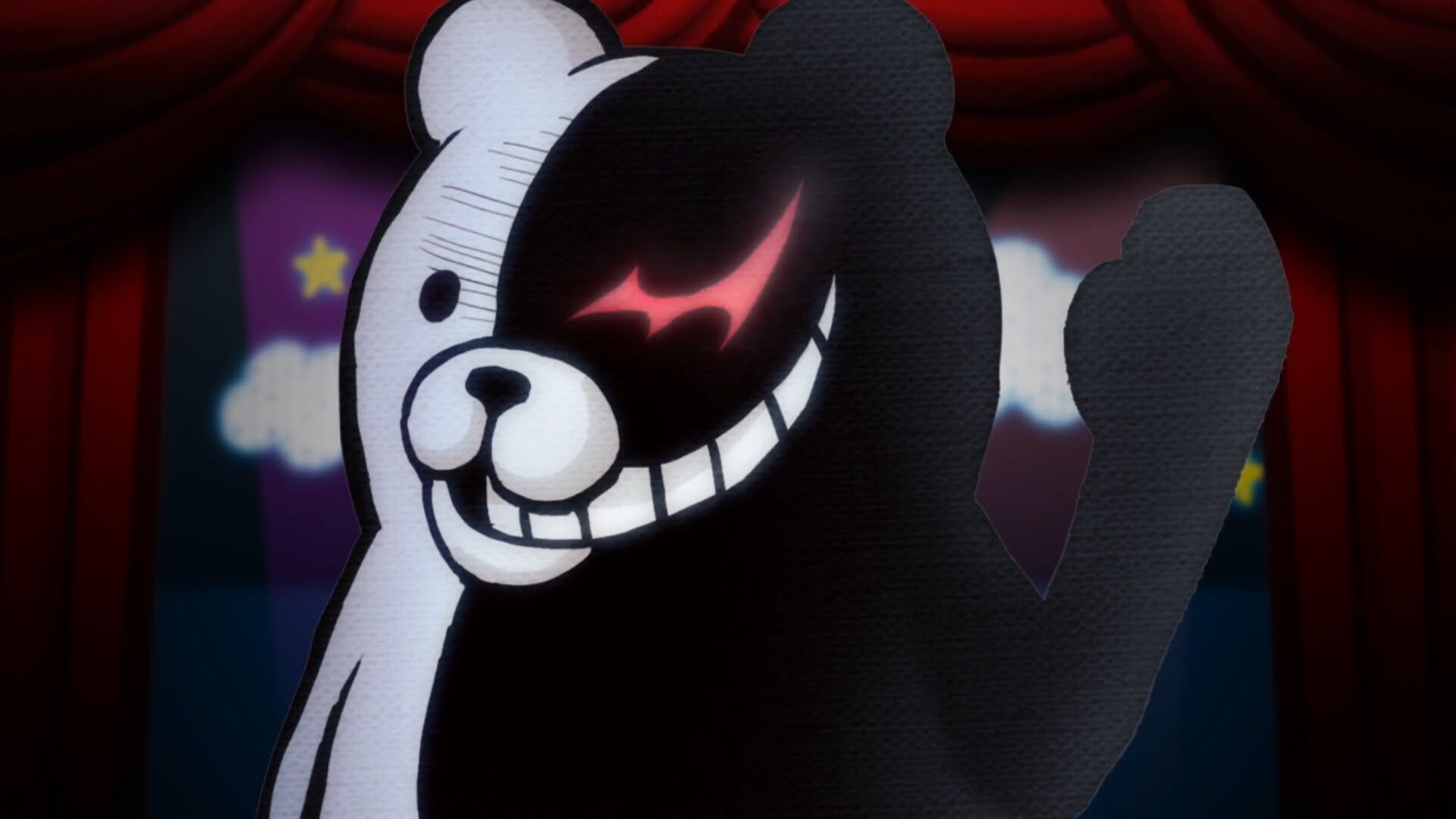Yoshinori Terasawa – Danganronpa
As I said when reviewing Danganronpa: Trigger Happy Havoc, I was quite shocked when it was announced that the game would be getting an English-language release in the West. Some time after the announcement, I had the chance to sit down with the game’s producer, Yoshinori Terasawa, and ask him a few questions in honor of the day I had thought would never come.
Mollie: While it might not be a super mainstream title, there were still PSP owners in the West who knew of Danganronpa, and who wanted the chance to play it in English. How did you feel when you heard from those fans asking for the chance to play the game, but not being sure that you could answer their request?
Yoshinori Terasawa, producer: I did see a lot of messages, such as comments from the internet, or from fans, saying, “Please bring the game over here!” Every time I saw such things, it made me really want to bring Danganronpa out in other countries. But, I wasn’t sure if the game would be accepted, or if it would work so well outside of Japan.
Mollie: Now that players outside of Japan will be able to try Danganronpa, if they end up enjoying it, might that cause you to change your attitude toward how games should be designed, and if they can be made friendlier to translation? Or should companies such as yours stick to what they’re doing, even if you don’t know if your projects are friendly for exporting?
Terasawa: Things are pretty much decided on a title-by-title basis. When Danganronpa came around, we talked about it, and it didn’t really seem like the kind of title that would be accepted in the West. However, generally speaking, when I approach a title, I like to approach it from as great an audience as possible. Going forward, I’ll try to think the same way, I believe. Each title I’ll approach as itself, starting with a broad base, and maybe if during the process the focus seems to get more and more narrow, that’ll be what has to be done.
Mollie: Danganronpa is one of many games that belong to a very Japanese style of adventure game. Why have players in Japan embraced this genre so much?
Terasawa: At least, in Japan, there’s no negative feelings toward reading. Players don’t mind reading. [laughs] And the whole draw of an adventure game is the story, so that combination makes games like these quite successful, and a genre that people really like.
Yusuke Katagata, assistant producer: The Game Boy and other handhelds have a long history of popularity in Japan. Like, when you’re riding a train, and you’re reading a book, it’s kind of that same feeling as holding a portable system. Therefore, the roots of this kind of adventure game, and especially adventure games on portables, were there from the very beginning—at least in Japan.
Mollie: Maybe players in the West just don’t like reading.
Terasawa: [laughs]
Mollie: There’s one other question I wanted to ask, and it’s something else that’s also very Japanese: the mascot character. A lot of Japanese games have mascot characters. Why the mascot character? Why do Japanese developers love the mascot?
Terasawa: I think Americans like more serious or realistic type of characters, but in Japan, we really like cute things. Even when you’re an older man like myself, I can still find things cute, and still want to make cute things. [laughs] So, I guess our love for mascot characters developed from that enjoyment of cuteness. Things that are ‘cool’ have a sort of cold feeling to them, while things that are ‘cute’ have a warm feeling.
